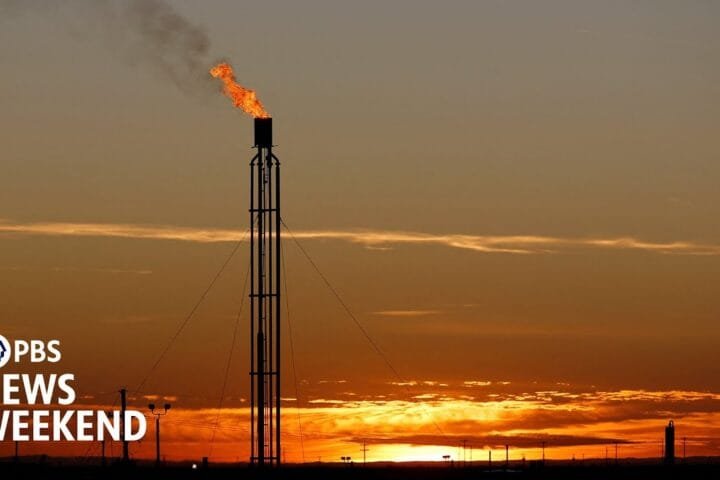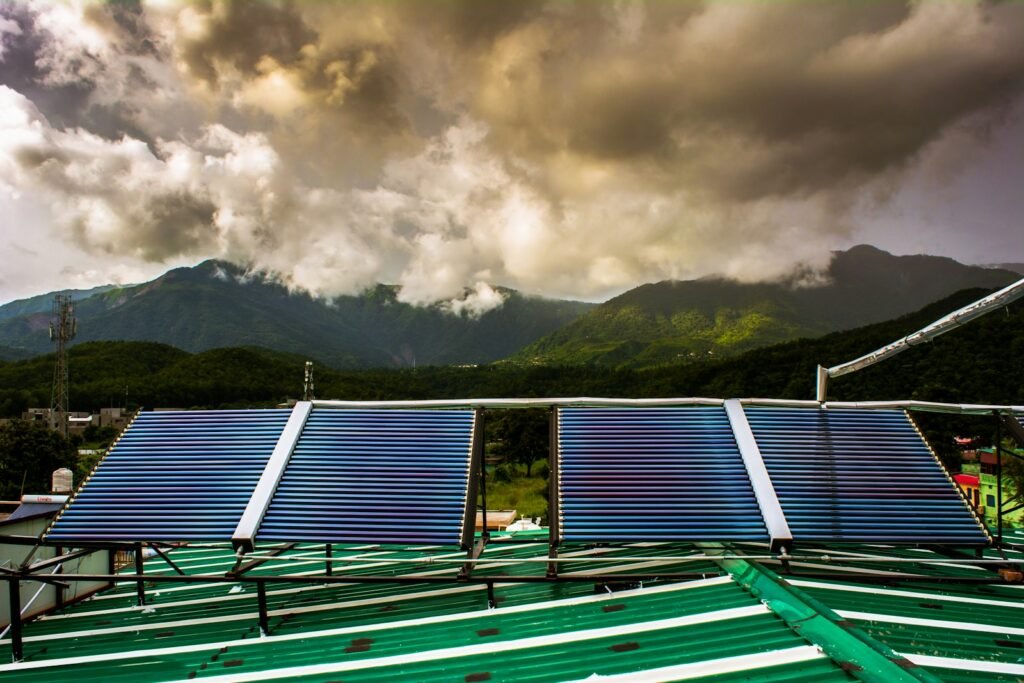Overview:
- Automakers are pleased with the slower ramp-up of electrification targets, giving more time for public charging infrastructure to be built and supply chains to catch up.
- Various organizations, including automaker alliances, environmental groups, and consumer advocacy groups, support the Biden administration’s new clean car standards for reducing emissions and promoting innovation in the auto industry.
- The US Supreme Court is considering cases that could potentially overturn the Chevron doctrine, impacting federal regulations, including the EPA’s ability to regulate pollution.
Quotes:
- This week, the US Department of Energy and the Environmental Protection Agency have published new fuel efficiency rules that will go into effect in 2026. The rules favor both battery-electric vehicles and also plug-in hybrid EVs, but not to the degree as proposed by each agency last April.
- Those would have required automakers to sell four times as many electric vehicles as they do now. This was met with a rare display of solidarity across the industry—automakers, workers, and dealers all called on the White House to slow its approach.
- Although the model-year 2032 endpoints are almost in the same places, both DOE and EPA rules give automakers more time to meet them, with less strict goals than before for model years 2027 through 2031.
- Ultimately, none of this may even end up mattering. The US Supreme Court is currently pondering a pair of cases, Loper Bright Enterprises v. Raimondo, and Relentless, Inc. v. Department of Commerce, that concern rules about industry-funded observers aboard fishing vessels. But the cases have far wider implications—it is widely believed that the conservative majority on the court may overturn the so-called Chevron doctrine, which says that courts should defer to a federal agency’s interpretation of a law in dispute as long as it’s reasonable.
Read the full post at Ars Technica.





